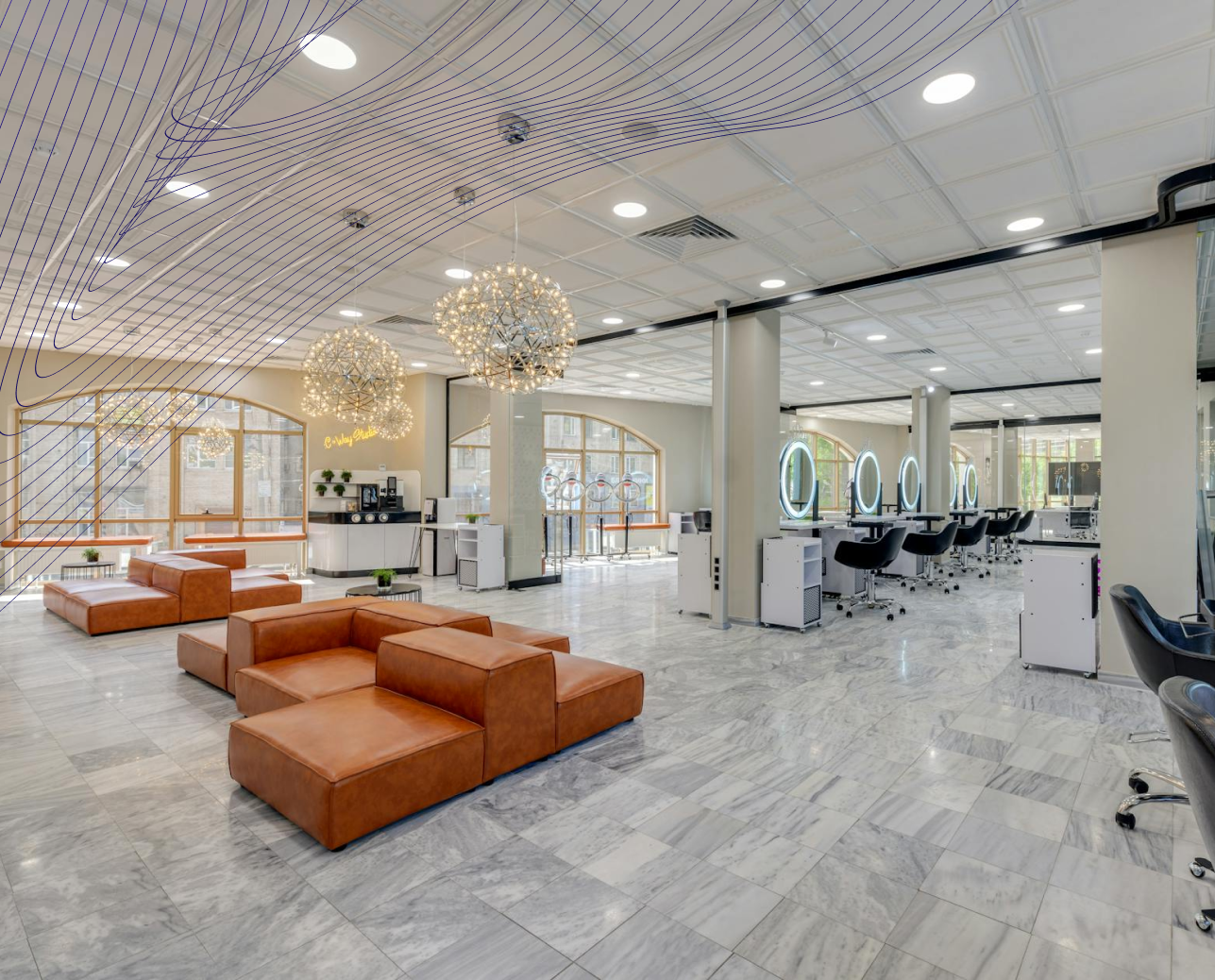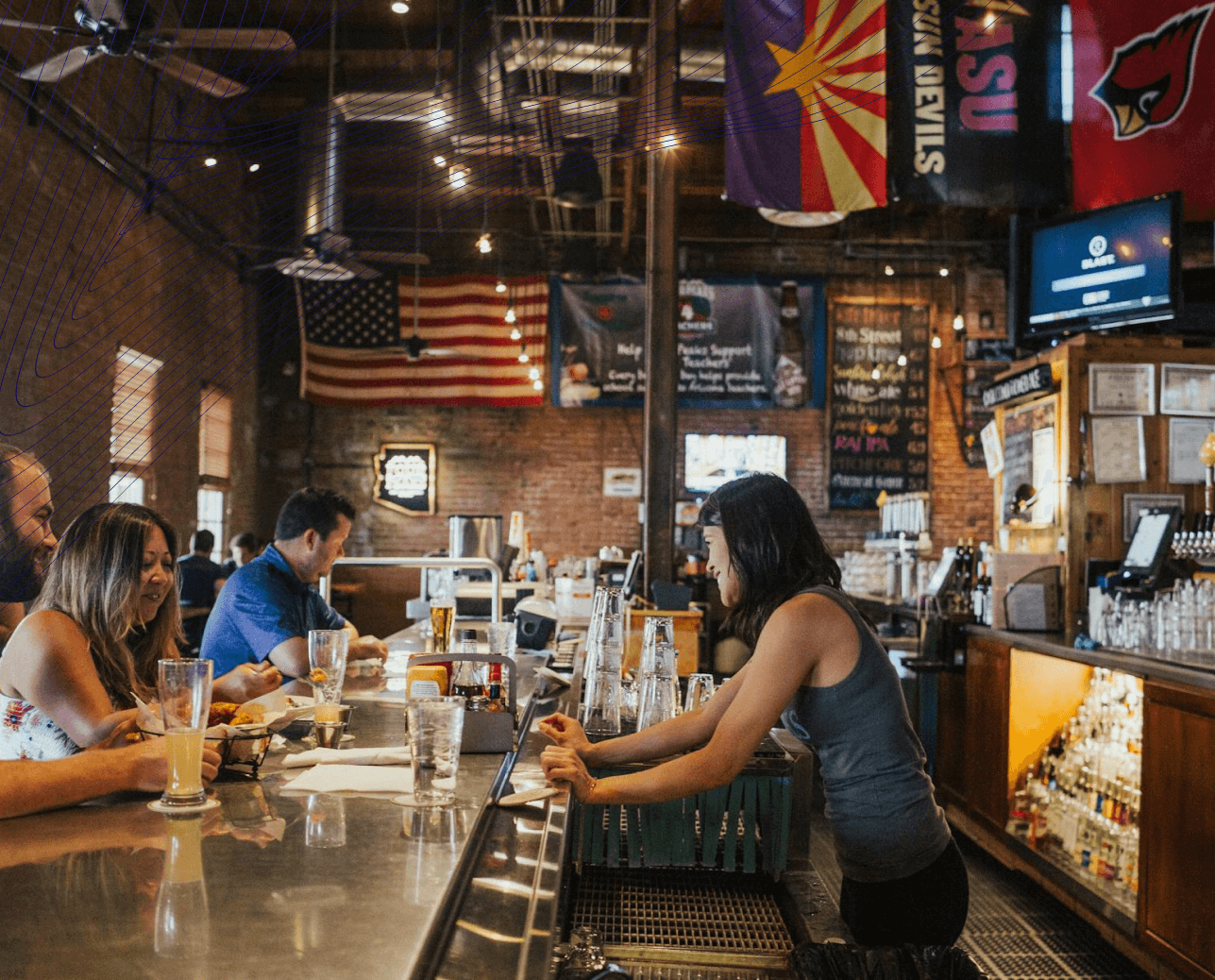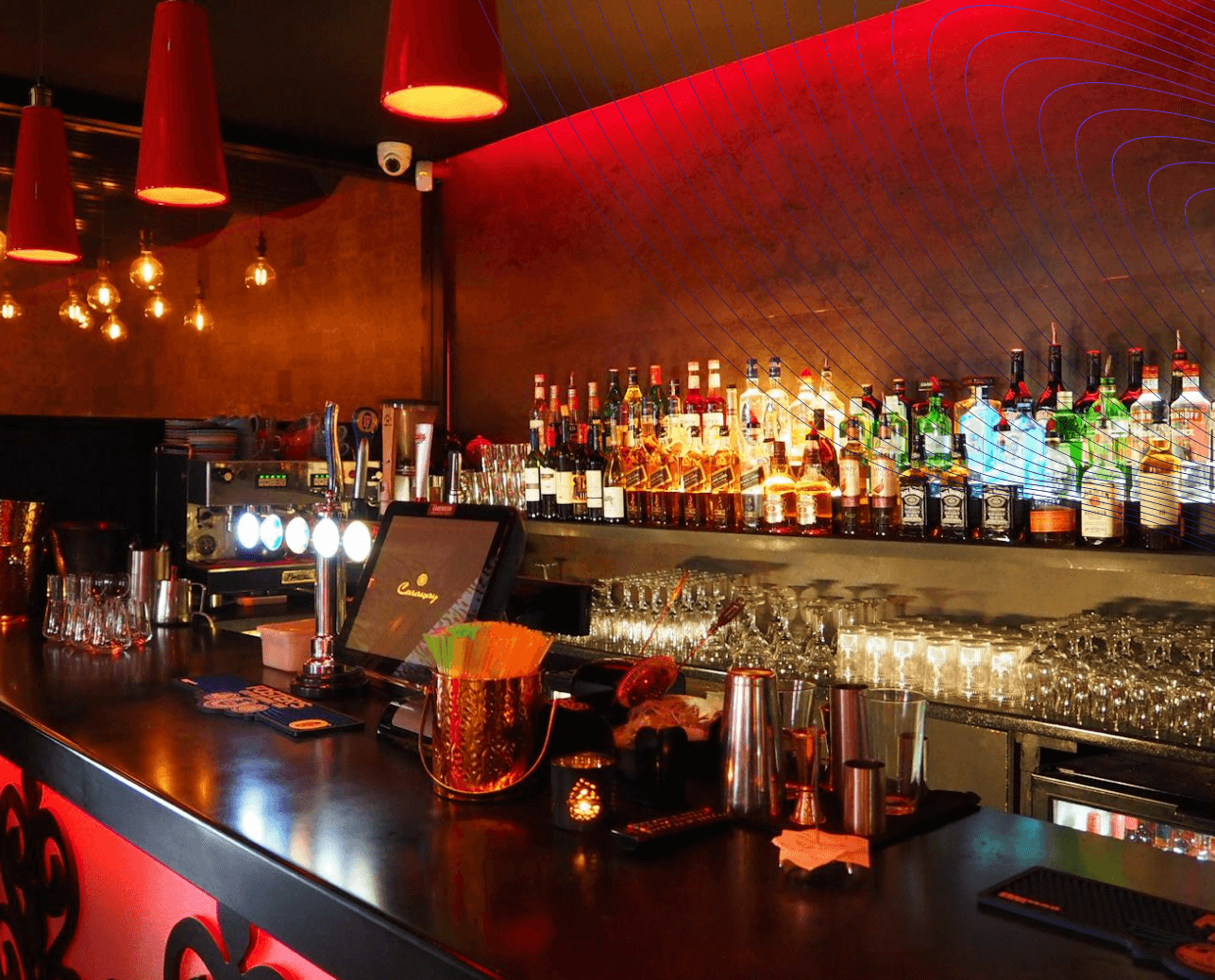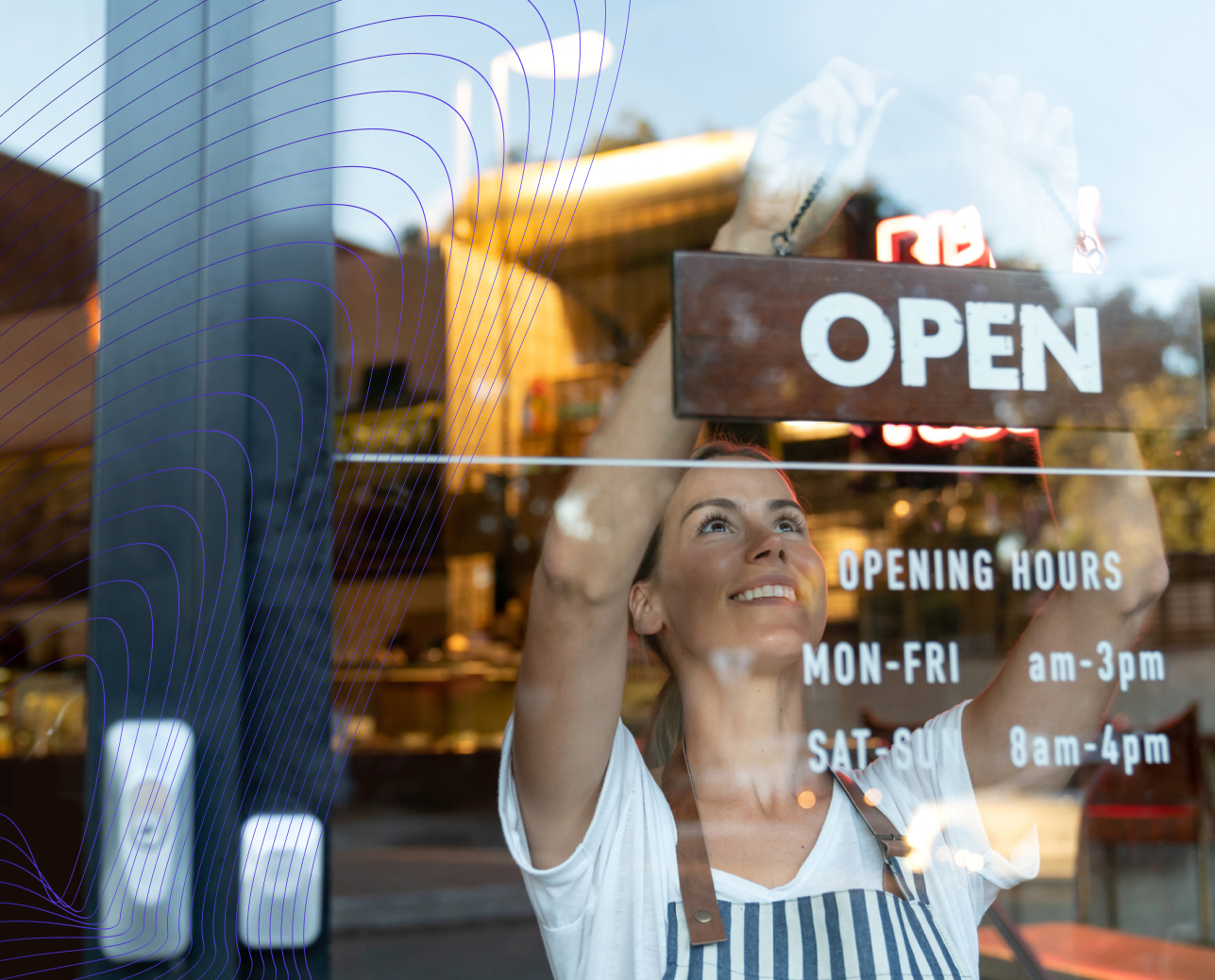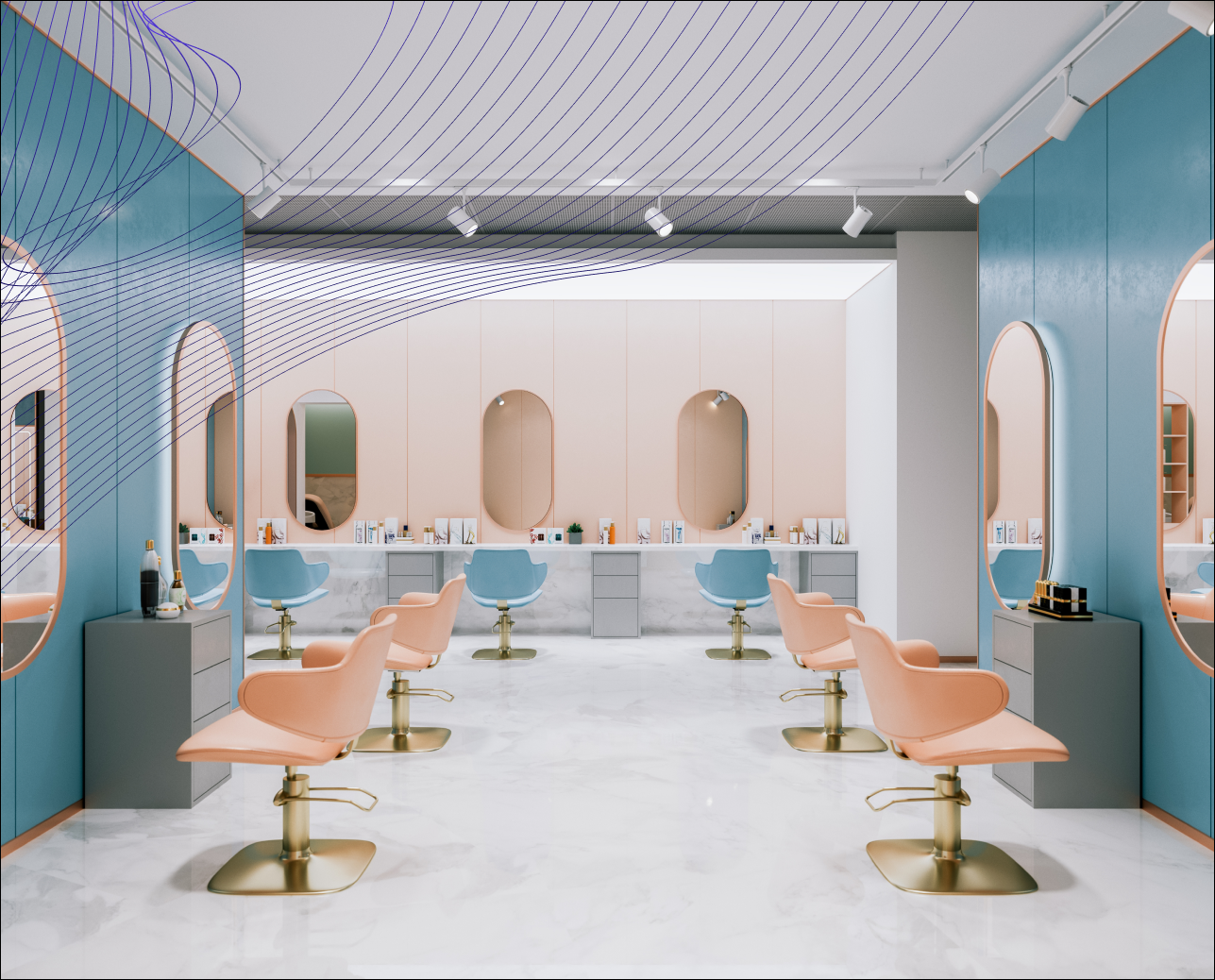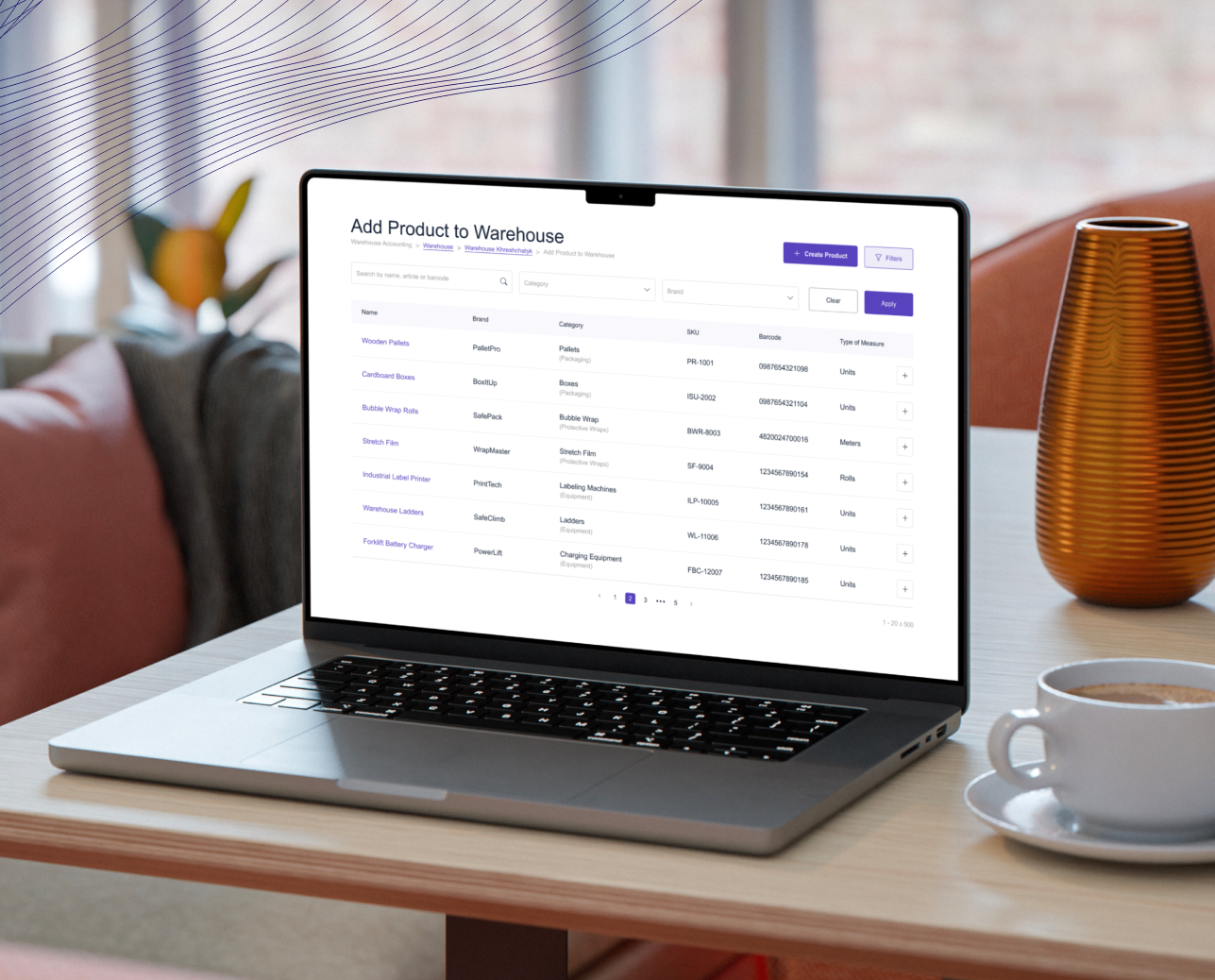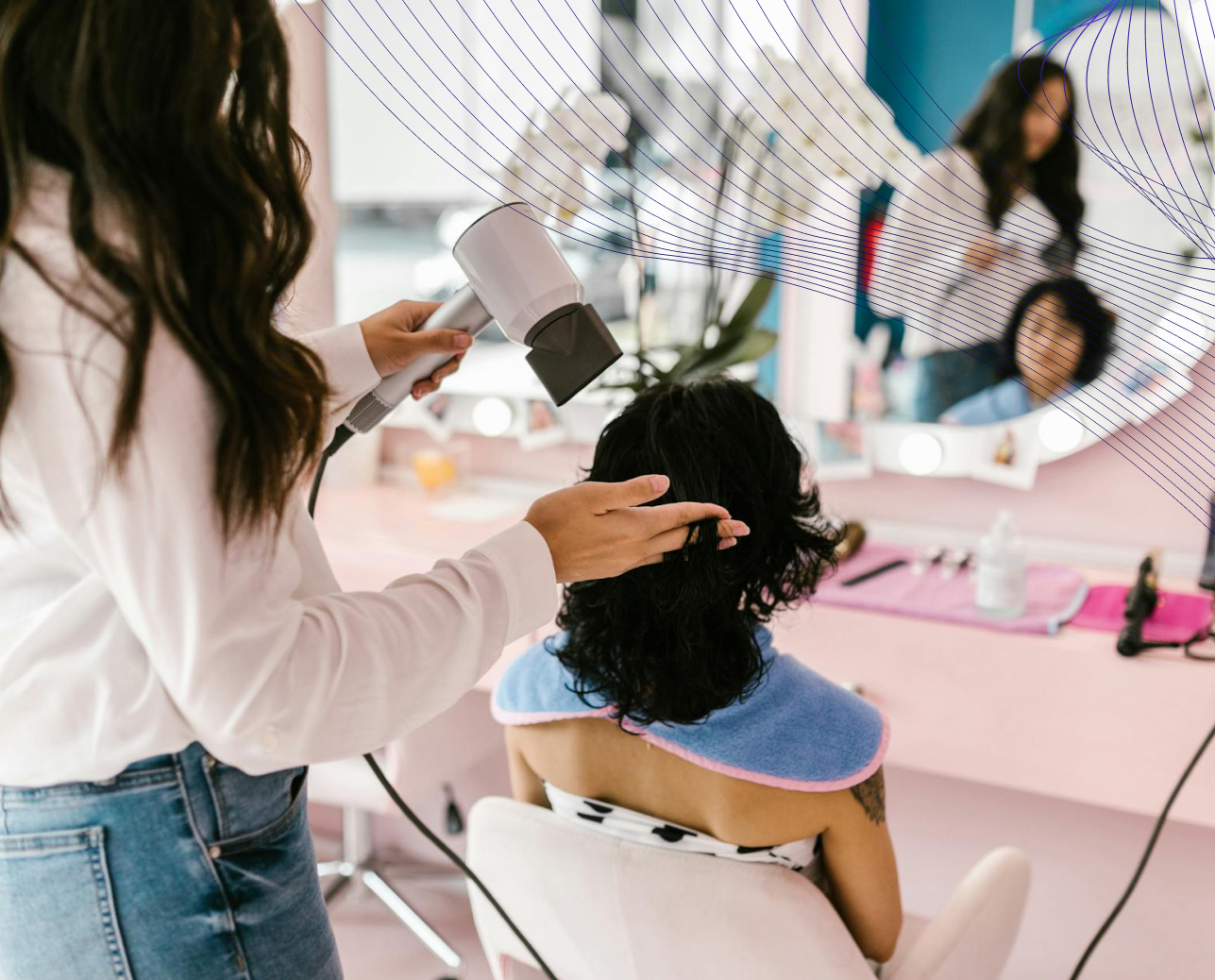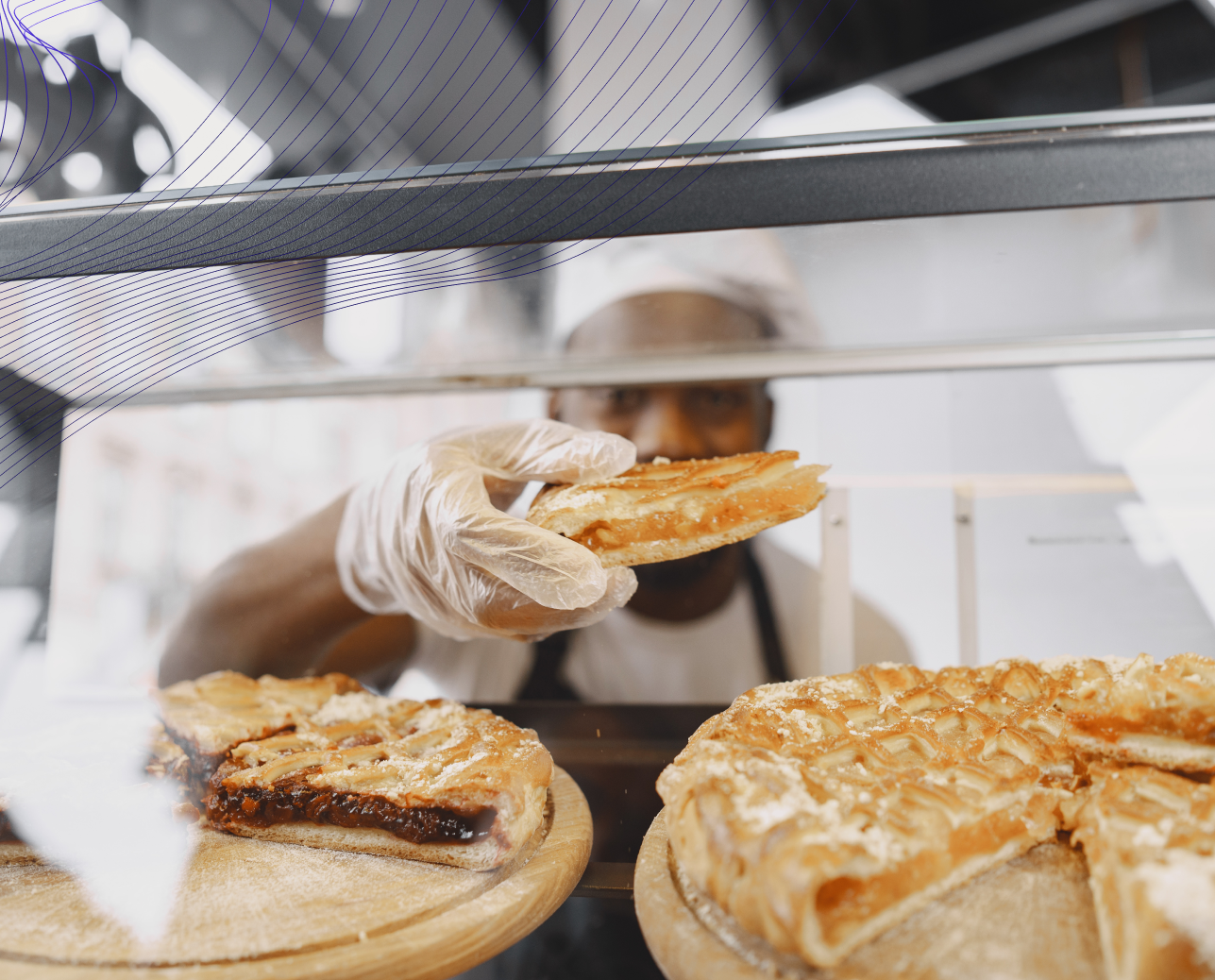How to Open a Coffee Shop?
Opening a coffee bar can be a rewarding business venture, combining the love of coffee with the opportunity to create a community space. This comprehensive guide will explore the essential steps and considerations for opening a successful coffee shop, including planning, legal and financial considerations, setting up your shop, staffing, marketing, launching, and managing day-to-day operations. By thoroughly understanding these components, you can navigate the complexities of starting a coffee shop business, ensuring long-term success and satisfaction.

Why Open a Coffee Shop?
Coffee shops have become integral parts of urban culture, serving as social hubs, remote workspaces, and venues for various events. The steady demand for coffee, driven by its popularity across diverse demographics, it makes running a coffee shop business a lucrative opportunity. The cultural significance of coffee shops has grown, making them essential parts of the daily routine for many people, offering a space for relaxation, social interaction, and productivity.
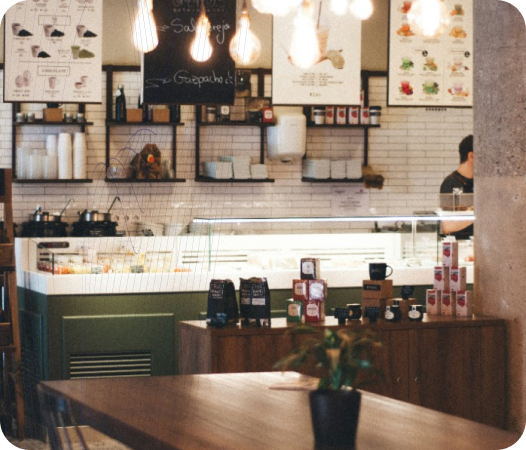
Benefits of Coffee Opening




Planning to Open a Coffee House
Effective planning is crucial to open a coffee shop business. This section covers market research, business plan development, and operational strategies to set a solid foundation for your business.

Market Research
Conducting thorough market research helps you understand your target audience and competitors. This knowledge will guide your business decisions and strategies.

Understanding Your Target Audience
Identifying your target audience is a critical step in opening up a coffee shop. Consider factors such as age, income level, lifestyle, and coffee consumption habits. Understanding your potential customers' demographics and preferences will help you tailor your offerings to meet their needs and preferences. Conduct surveys, analyze market data, and visit other coffee shops to gather insights about your target market.

Analyzing Competitors
Analyze your local competition to find gaps in the market and opportunities for differentiation. Evaluate their strengths and weaknesses, pricing strategies, and customer feedback. Understanding what other coffee shops in your area offer will help you identify unique selling points for your business. Look for ways to offer something different, whether it's a unique menu, exceptional customer service, or a distinctive ambiance.
Business Plan Development
A well-crafted business plan is essential for securing funding and guiding your business. It should include financial projections, marketing strategies, and an operational plan.

Financial Projections
Create detailed financial projections, including startup costs, operational expenses, and revenue estimates. Consider expenses such as rent, utilities, salaries, equipment, and initial inventory. Financial projections will help you understand the financial requirements of your business and set realistic goals. Include cash flow statements, profit and loss forecasts, and break-even analysis in your financial plan.

Marketing Strategy
Develop a comprehensive marketing strategy that includes both digital and traditional marketing techniques. Plan how to reach your target audience through social media, local advertising, events, and promotions. Your marketing strategy should outline how you will attract and retain customers, build brand awareness, and generate sales. Utilize various channels such as social media, email marketing, content marketing, and local partnerships.

Operational Plan
Establish a clear operational plan covering daily operations, supply chain management, and customer service policies. Define roles and responsibilities, workflow, and standard operating procedures. An operational plan ensures that your coffee shop runs smoothly and efficiently. It should cover everything from opening and closing procedures to inventory management, employee schedules, and customer service standards.
Legal and Financial Considerations
Navigating the legal and financial aspects of starting a coffee business is crucial. This section covers business structure, licensing, budgeting, and funding options.

Business Structure and Licensing
Choosing the right business structure and obtaining the necessary licenses and permits are foundational steps in starting up a coffee shop business.

Choosing a Business Structure
-
Sole Proprietorship: Simple and easy to set up but offers no personal liability protection.
-
Limited Liability Company (LLC): Provides liability protection and flexibility.
-
Corporation: Suitable for larger businesses, offering liability protection and potential tax benefits.

Obtaining Licenses and Permits
-
Business license
-
Health permits
-
Food handler’s permits
-
Signage permits
Budgeting and Funding
Proper budgeting and securing adequate funding are vital for your coffee shop's success. Explore initial costs and various funding sources.
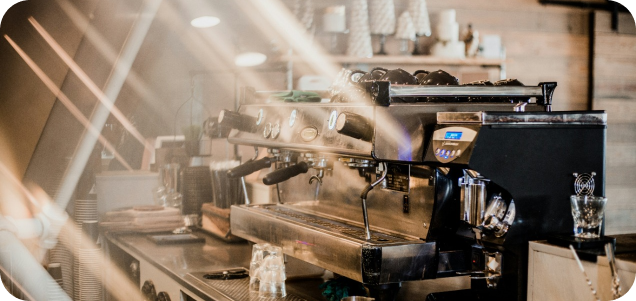
Initial Costs
Common startup costs include:
-
Equipment: Espresso machines, grinders, refrigeration units
-
Renovations: Interior design, furniture, fixtures
-
Inventory: Coffee beans, milk, syrups, pastries
-
Marketing Expenses: Initial advertising, promotional materials
Creating a detailed budget will help you manage your finances and ensure that you have enough capital to cover all necessary expenses.
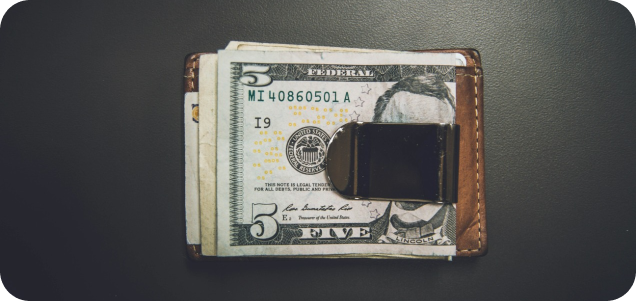
Funding Options
-
Personal savings
-
Bank loans
-
Investors
-
Crowdfunding
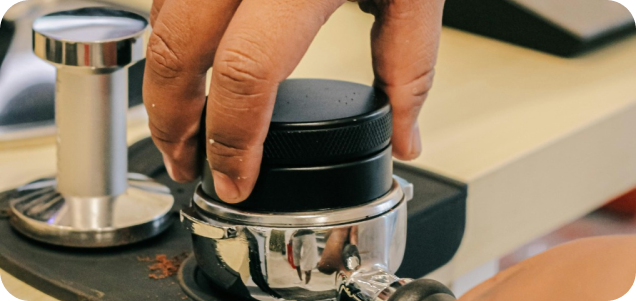
Calculating Coffee Shop Startup Costs
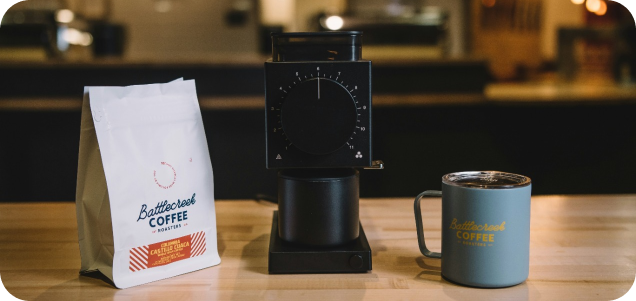
Equipment
Investing in high-quality equipment is essential for consistent product quality:
-
Espresso machines: $2,000 to $10,000+
-
Grinders: $500 to $2,000
-
Coffee brewers: $500 to $2,500
-
Refrigeration units: $1,000 to $5,000
-
POS systems: $1,000 to $2,500
By investing in high-quality equipment, you ensure that your coffee shop can deliver consistent and high-quality products, which is vital for customer satisfaction and repeat business.

Renovations
Creating an inviting space may require significant renovations:
-
Interior design: $5,000 to $20,000
-
Furniture and fixtures: $5,000 to $15,000
-
Lighting: $2,000 to $5,000
Renovations help create a comfortable and welcoming atmosphere that attracts customers and encourages them to spend time in your coffee shop.

Inventory
Initial inventory to get started includes various supplies:
-
Coffee beans: $1,000 to $3,000
-
Milk and syrups: $500 to $1,500
-
Pastries and snacks: $500 to $2,000
-
Cups, napkins, and utensils: $500 to $1,000
Having a well-stocked inventory ensures that you can meet customer demand without interruptions.

Marketing Expenses
Promoting your new coffee shop is essential for a successful launch:
-
Initial advertising: $1,000 to $5,000
-
Promotional materials: $500 to $1,500
-
Website and social media setup: $500 to $2,000
Effective marketing helps attract customers, build brand awareness, and establish your presence in the community.

Miscellaneous Costs
Other costs to consider include:
-
Licenses and permits: $500 to $2,000
-
Insurance: $500 to $2,000 annually
-
Utilities and deposits: $1,000 to $3,000
These miscellaneous costs are essential for the legal and operational aspects of your coffee shop.
By planning and budgeting for these costs of starting a coffee shop, you can ensure that you have the necessary resources to launch and sustain your coffee shop successfully.
Setting Up a Coffee Shop
Setting up a cafe business involves selecting a location, designing the space, and sourcing suppliers. This section provides detailed guidance on each step.

Location Selection
Choosing a strategic location that attracts high foot traffic and meets your business needs is critical.

Factors to Consider
When selecting a location, consider:
-
Foot Traffic: High foot traffic areas increase the chances of attracting customers.
-
Accessibility: Ensure your shop is easily accessible by public transportation and has adequate parking.
-
Visibility: A visible location helps in drawing attention and attracting passersby.
-
Proximity to Competitors: Analyze nearby businesses to find the right balance between competition and demand.
The right location can significantly impact your business's success by attracting more customers and increasing sales.

Lease Negotiations
Negotiate favorable lease terms, including rent, duration, and renovation allowances. Ensure the lease agreement aligns with your business plan and financial projections. Consider factors such as lease length, renewal options, and any restrictions on modifications to the space. Having a clear understanding of your lease terms will help you avoid potential conflicts and ensure a stable business environment.
Designing Your Coffee Shop
Creating a welcoming atmosphere and an efficient layout enhances the customer experience and staff workflow.

Layout and Ambiance
Focus on the following aspects to create an inviting and functional space:
-
Seating Arrangements: Provide a mix of seating options, including tables, couches, and bar stools.
-
Lighting: Use a combination of natural and artificial lighting to create a warm and inviting atmosphere.
-
Decor: Choose decor that reflects your brand and creates a cozy environment.
-
Flow: Ensure a logical flow for both customers and staff to move easily through the space.
A well-designed coffee shop can create a comfortable and inviting environment that encourages customers to return.
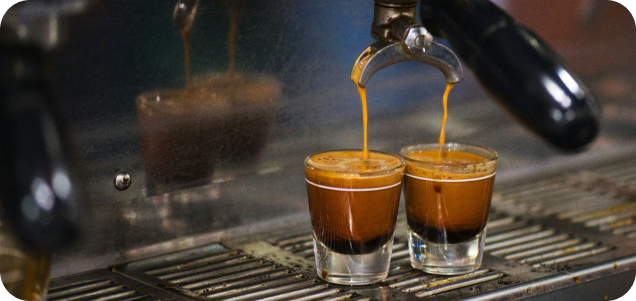
Essential Equipment
Investing in high-quality equipment is essential for delivering consistent and high-quality products to your customers. Essential equipment includes:
-
Espresso machines
-
Grinders
-
Coffee brewers
-
Refrigeration units
-
Point-of-sale (POS) systems
Research and choose equipment that fits your budget and business needs.
Sourcing Suppliers
Establish relationships with reliable suppliers to ensure a steady supply of quality ingredients and equipment.

Coffee Beans
Select high-quality coffee beans by researching and establishing relationships with reputable suppliers. Consider factors like origin, roast profile, and sustainability practices. Quality coffee beans are the foundation of your product offering, so take the time to find the best suppliers

Equipment and Inventory
Source other necessary supplies and maintain an organized inventory system. This includes:
-
Cups
-
Napkins
-
Syrups
-
Milk
-
Pastries
Implementing an efficient inventory management system can help you track stock levels, reduce waste, and ensure that you always have the necessary supplies on hand.
Staffing for Opening a Coffee Business
Hiring and managing staff effectively is key to your coffee shop's success. This section covers recruitment, training, and management strategies.

Hiring Staff
Identifying the key roles needed in your coffee shop and implementing effective recruitment strategies is crucial.

Roles to Fill
Outline the essential positions to hire for, such as:
-
Baristas
-
Kitchen staff
-
Managers
Each role plays a crucial part in the smooth operation of your coffee shop. Clearly define job descriptions and expectations for each position.

Recruitment Strategies
Implement effective recruitment strategies, including:
-
Job postings: Use online job boards, local newspapers, and social media to advertise openings.
-
Interviews: Conduct thorough interviews to assess candidates' skills and fit for your team.
-
Trial shifts: Offer trial shifts to evaluate potential hires in a real work environment.
Look for candidates with relevant experience and a passion for customer service. Use various platforms to advertise job openings and attract a diverse pool of candidates.
Training and Management
Investing in comprehensive training programs and using management tools to track employee performance and schedules are essential for maintaining high service standards.

Training Programs
Invest in comprehensive training programs to ensure consistent service quality. Cover topics such as coffee preparation, customer service, and safety protocols. Regular training sessions can help staff stay updated on best practices and improve their skills.
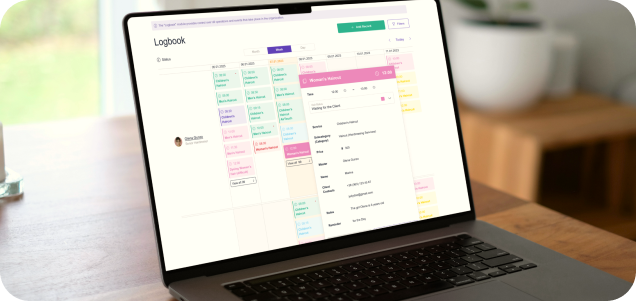
Employee Management Tools
Utilize tools like a POS system for a coffee shop to track employee performance, schedules, and payroll. ME-POS offers multi-level employee accounts, working time tracking, and detailed personnel activity reporting, which can improve efficiency and ensure fair compensation. The payroll system in ME-POS also simplifies managing salaries and benefits.
Marketing Role in Opening a Cafe
Effective marketing is crucial for attracting customers and building your brand. This section provides strategies for both online and offline marketing.

Creating a Brand
Developing a unique brand identity that resonates with your target audience and sets you apart from competitors is essential.

Brand Identity
Develop a unique brand identity that resonates with your target audience. This includes logo design, brand colors, and overall brand message. Your brand identity should reflect the values and atmosphere of your coffee shop, creating a memorable experience for customers.
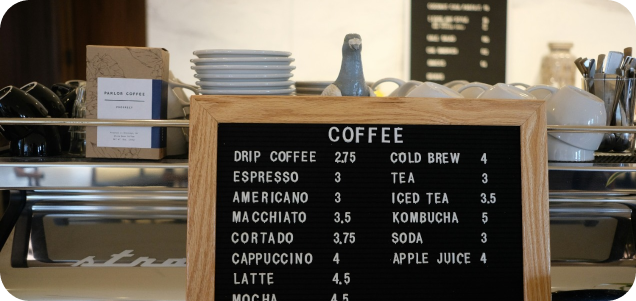
Marketing Materials
Create essential marketing materials, such as:
-
Menus
-
Business cards
-
Signage
High-quality marketing materials can help create a professional image and attract new customers. Ensure that your branding is consistent across all materials.
Online and Offline Marketing Strategies
Implement a mix of digital and traditional marketing tactics to reach a wider audience.

Social Media Marketing
Leverage social media platforms to engage with customers, share updates, and promote special offers. Utilize Facebook, Instagram, Twitter, and other relevant platforms to reach a wider audience. Regularly post engaging content, such as photos of your coffee, behind-the-scenes looks at your shop, and customer testimonials.

Local Advertising
Implement effective local advertising methods, such as:
-
Distributing flyers
-
Partnering with local businesses
-
Participating in community events
Local advertising can help you reach potential customers in your immediate area and build a strong local presence.
Launching Cafe
A successful launch sets the tone for your business. This section covers planning a soft opening and grand opening to attract and retain customers.

Soft Opening
Using a soft opening to test your operations, train staff, and gather initial customer feedback before the grand opening is a strategic approach.
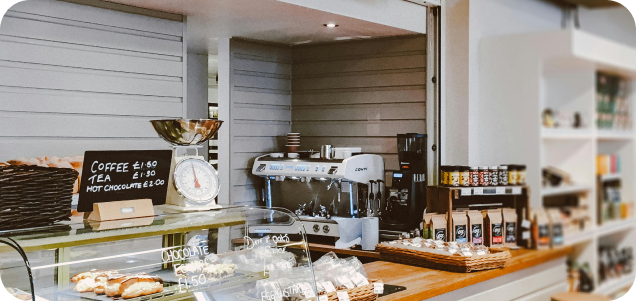
Planning a Soft Opening
A soft opening allows you to test your operations, train staff, and gather initial customer feedback. This helps identify and address any issues before the grand opening. Use this period to fine-tune your processes and ensure everything runs smoothly.
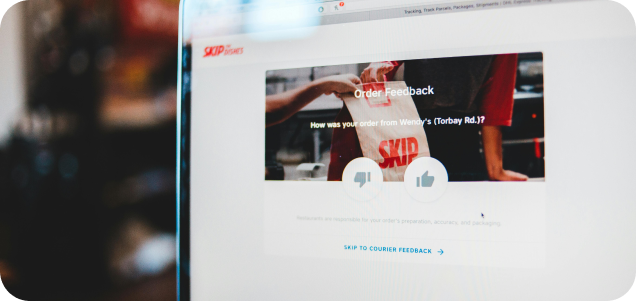
Gathering Feedback
Collect and act on customer feedback during the soft opening to make necessary adjustments. This can help improve service quality and customer satisfaction. Use surveys, comment cards, and direct conversations to gather feedback from customers.
Grand Opening
Planning a memorable grand opening event to create buzz and attract customers is crucial.

Event Planning
Plan a memorable grand opening event to create buzz and attract customers. Consider live music, free samples, and other engaging activities. A well-planned event can generate excitement and draw attention to your new coffee shop.

Promotions and Discounts
Offer promotional strategies, such as discounts, loyalty programs, and special deals to attract new customers and encourage repeat visits. Promotions can help boost initial sales and build a loyal customer base.
Managing After Starting a Coffee Shop
Efficient management of day-to-day operations and finances is crucial for long-term success. This section provides insights into inventory management, customer service, and financial tracking.

Day-to-Day Operations
Focusing on maintaining efficient daily operations, including inventory management and customer service excellence, is essential.

Inventory Management
Realize the importance of efficient inventory management. Use tools like ME-POS to streamline this process and ensure you have the necessary supplies without overstocking. ME-POS helps control positions availability, accounting for balances, and synchronizing several warehouses, making it easier to manage inventory effectively.

Customer Service Best Practices
Share best practices for delivering excellent customer service. This includes greeting customers warmly, addressing complaints promptly, and creating a positive overall experience. Excellent customer service can differentiate your coffee shop from competitors and build customer loyalty.
Financial Management
Monitoring and managing your coffee shop's finances to ensure profitability and sustainability is vital.
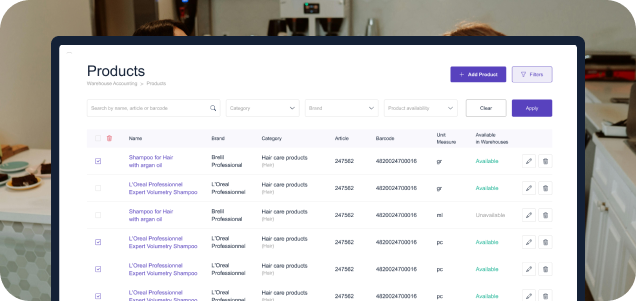
Tracking Sales and Expenses
Monitor sales and expenses to ensure profitability and identify areas for improvement. Keep detailed records and review them regularly. Financial management is crucial for maintaining the financial health of your business.

Using POS Systems
Grasp the benefits of using ME-POS for efficient sales tracking, reporting, and analytics. ME-POS provides comprehensive software solutions for sales automation, resource and personnel management, and customer interaction, all through a user-friendly interface. This helps increase productivity and streamline operations.
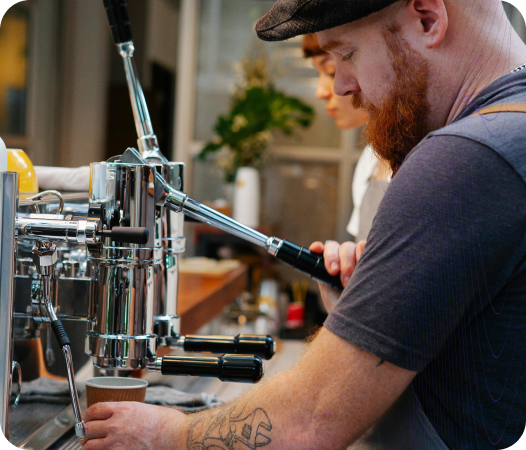
Conclusion
Steps in opening a coffee shop involve careful planning, strategic decision-making, and effective management. By following these steps and utilizing the right tools, such as ME-POS, aspiring coffee shop owners can create a successful and thriving business. Thorough planning, understanding your market, managing your finances, and providing excellent customer service are key to success.
When considering the coffee house startup costs, keep in mind the initial investments required for equipment (espresso machines, grinders, refrigeration units), renovations (interior design, furniture, fixtures), inventory (coffee beans, milk, syrups, pastries), and marketing expenses (initial advertising, promotional materials).
Investing in quality equipment and efficient management systems like ME-POS will streamline your operations and enhance productivity, allowing you to focus on delivering exceptional customer experiences. Take the leap, invest in your passion, and watch your coffee shop become a beloved community hub.
View more
Related Articles
View more













